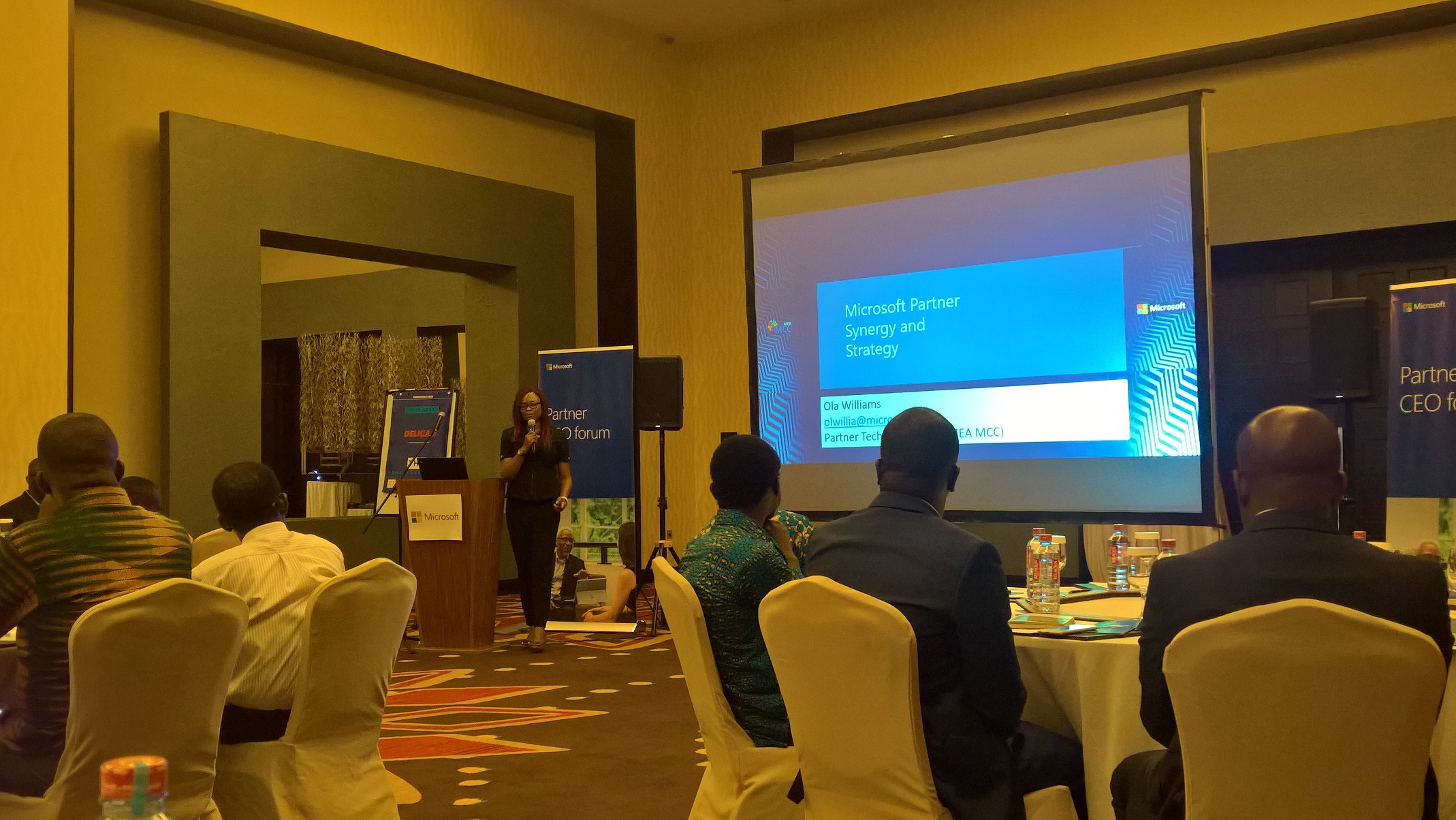Microsoft has stated that African enterprises’ cloud journey requires holistic cybersecurity strategies from migration start to finish, noting that cybersecurity remains a significant concern for enterprises in Africa.
According to Microsoft Nigeria’s Country Manager, Ola Williams, Africa may lag behind the rest of the world’s cloud adoption with only 15 percent cloud penetration, the continent’s public cloud market has doubled in the past three years.
She said to remain competitive in a digitally transformed business environment, agile enterprises around the world have also adopted cloud technology to enable new ways of working for their distributed-, remote- and hybrid workforces.
“And this new way of working isn’t going anywhere: 60 percent of global knowledge workers are currently remote, and at least 18 percent will not return to the office.
According to a 2022 International Labour Organization report that covered more than 1,000 enterprises in 15 African countries, nearly 36 percent of employees worked remotely during the pandemic.
The report also reveals that while most future workplaces in Africa won’t be fully remote, they will be either in-person or hybrid.
Williams explained that enterprise-wide cloud adoption is increasing as digital-first business leaders look to ensure flexibility through hybrid work, market agility, and business continuity throughout their daily operations.
READ ALSO: IFC, Microsoft partner to promote sustainable agriculture in Africa
“Paradoxically, however, when a rapid digital evolution is not approached strategically with end-to-end security in mind, it can leave enterprises more vulnerable to cybersecurity threats due to a wider set of risks spread across multiple surfaces and entry points.
“This is particularly important during a cloud migration, when the rush to move business-critical workflows from on-premise to the cloud can unintentionally (and easily) open backdoors to bad actors.
Speaking further, Williams said according to the Club of Information Security Experts in Africa (CESIA), in 2022, more than half of companies in Africa believe they are not prepared to handle a large-scale cyberattack.
And Interpol’s Africa Cyberthreat Assessment report found that more than 90 percent of businesses on the continent operate without the necessary cybersecurity protocols.
“According to a recent IDC security survey commissioned by Microsoft, only 16% of organizations in Nigeria have implemented a full end-to-end security strategy with shared responsibilities, risk tolerances, classified events, and recovery plans in case of an attack. Another 15% of surveyed organizations have implemented – but not formally tested or reviewed – a security strategy. Organizations in Nigeria still lag in terms of security solution implementations.
“With the acceleration of digital transformation enabling cloud-first and hybrid work environments, it’s more important than ever to have a robust, end-to-end cybersecurity strategy in place – right from the beginning of the cloud journey, and every step of the way.
Approximately 20% of organizations in Nigeria indicated that training non-IT employees in security awareness is one of the most important steps for increasing security. Although this percentage is fairly low, it is expected to increase, with many more organizations expected to launch security awareness campaigns.
READ ALSO: Microsoft co-founder Paul Allen’s art collection sold for $1.6 billion
She said as more enterprises embrace the public cloud, a crucial factor is often overlooked on this point: cybersecurity is a shared responsibility between the customer (the enterprise and its employees) and the provider.
“For example, if an enterprise stores its data in a data centre, it must proactively set up and manage its own cybersecurity policies. Cybersecurity must therefore include the entire organisation and not just be siloed with the CIO and IT function, or even the provider.
“This is why it’s essential to have the right cloud provider as a partner when undertaking cloud migration. A security-first partner like Microsoft has Zero Trust built into its cloud architecture and cloud-based solutions, whether public or hybrid, and can provide valuable guidance throughout an enterprise’s digital transformation journey.
“In fact, Microsoft boasts more than 3,500 full-time security professionals who use AI to analyse more than 24 trillion signals a day across email, endpoints, and identities,” she added.

 Football1 day ago
Football1 day ago
 Business1 week ago
Business1 week ago
 Business7 days ago
Business7 days ago
 Education1 week ago
Education1 week ago
 Crime1 week ago
Crime1 week ago
 Covid-191 week ago
Covid-191 week ago
 Business1 week ago
Business1 week ago
 Latest5 days ago
Latest5 days ago

